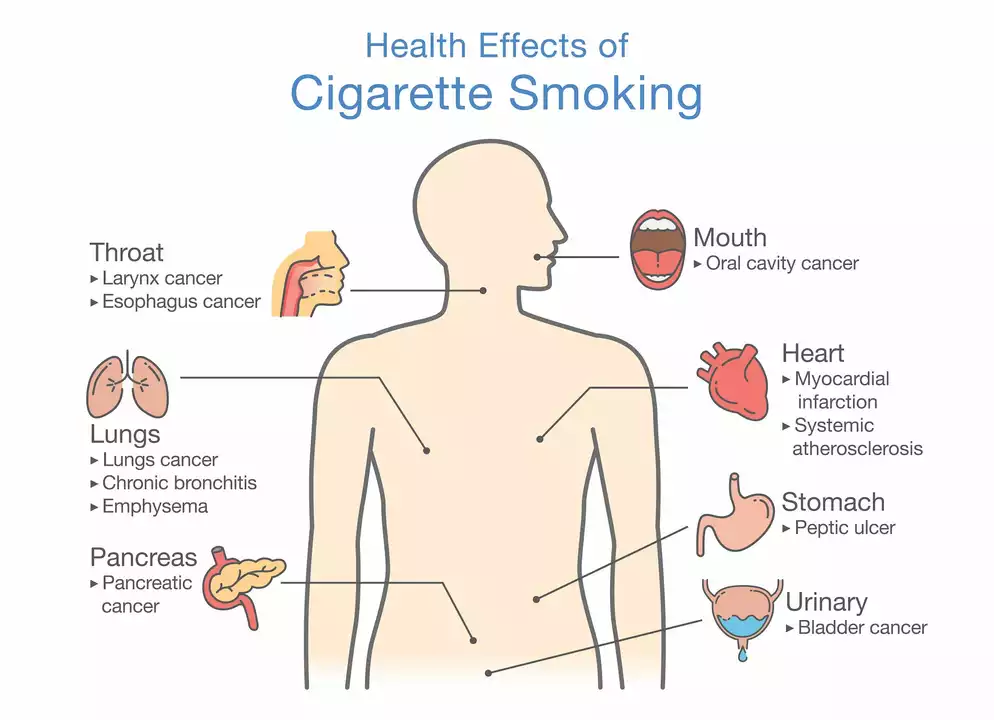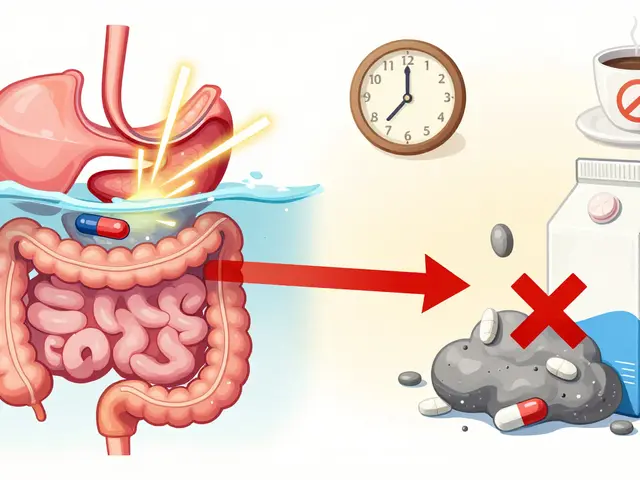Smoking: What it does to you and how to quit for good
Smoking changes your body fast. Your heart beats faster, blood vessels tighten, and your lungs start losing function. You don’t need a medical lecture to know cigarettes raise your risk for cancer, heart disease, COPD, and a bunch of everyday problems like shortness of breath and slow wound healing. The good news? Many benefits begin within hours of stopping.
Simple, useful facts you can act on today
Want a quick win? Within 20 minutes of quitting your heart rate drops. After 24 hours your carbon monoxide levels fall and oxygen in your blood improves. Those early wins make cravings easier to manage. Track them. Celebrate small milestones—each smoke-free day is progress.
Cravings feel intense but usually peak in a few minutes. Try a quick replacement: drink water, chew sugar-free gum, step outside for fresh air, or do one minute of deep breathing. Change small routines tied to smoking—if you always smoked after meals, take a five-minute walk instead.
Real options that actually help
Don’t try to tough it out if it’s brutal. Evidence-backed tools make quitting much more likely. Nicotine replacement like patches, gum, or lozenges eases withdrawal and doubles your chances of quitting successfully. Prescription meds such as bupropion or varenicline are also strong options—talk to your doctor about side effects and what fits your health history.
Counseling makes a big difference. Combination care—medication plus counseling or a support group—works best. You can get help from phone quitlines, local clinics, or online programs. If a friend or family member can check in regularly, that social support helps more than you might think.
Think about vaping? For some adults, replacing cigarettes with regulated nicotine replacement or medically supervised vaping can reduce harm short-term, but it’s not risk-free. Aim to use these tools as step-down methods with a clear plan to stop nicotine completely.
If you’re dealing with stress, plan alternatives. Exercise, short meditation, or phone a friend when cravings hit. Make your environment smoke-free—remove ashtrays, air out rooms, and tell visitors you’re quitting. Small barriers—like not carrying lighters—reduce impulse smoking.
Pregnant, breastfeeding, or living with certain health problems? Talk to your healthcare provider before starting any quitting medication. They’ll help pick the safest, most effective option for you.
Need more help? KiwiDrug.com has clear guides on nicotine replacement, prescription options, and safe ways to buy medications online if needed. You don’t have to do this alone—use tools, get support, and treat quitting like a step-by-step project. Each attempt teaches you what works.
Ready to pick one step now? Toss the pack, set a quit date this week, and pick a support tool to start. Small, consistent moves beat big promises every time.

How Smoking Affects Your Risk of Developing Stomach Ulcers
As a blogger, I've been researching how smoking can affect our risk of developing stomach ulcers. I discovered that smoking greatly increases this risk, as it weakens the protective lining of our stomach, making it more susceptible to harmful stomach acids. Additionally, smoking hinders the healing process of existing ulcers, and may even cause them to recur. It's important for us to be aware of these risks and consider quitting smoking to maintain a healthy stomach. So, let's work on kicking this harmful habit to reduce the chances of developing painful stomach ulcers!
read more




